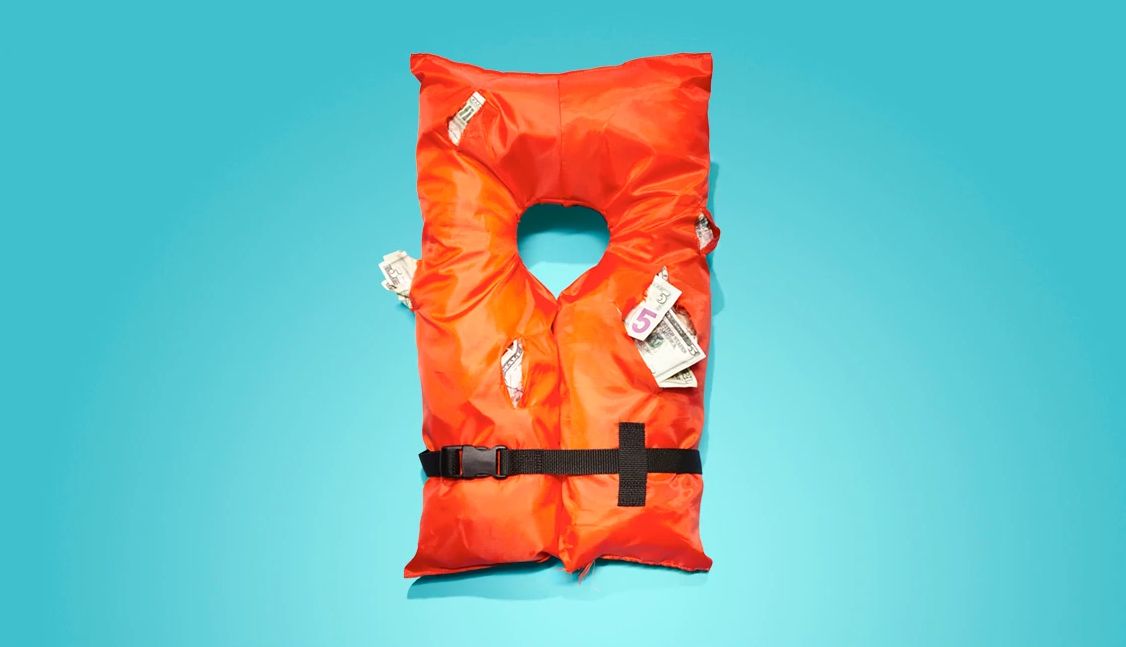AARP Hearing Center


You’ve spent decades working and saving for retirement and are finally ready to leave your 9-to-5 job. But are you prepared for a financial emergency?
“An emergency fund is your retirement superpower,” says Patti Black, a certified financial adviser who specializes in retirement planning at Savant Wealth Management in Birmingham, Alabama. “It cushions you against financial shocks, absorbing costs like medical or dental surprises, home or car breakdowns, and family emergencies.”
However, some older adults are far behind on preparing for a rainy day. Twenty-four percent of adults ages 45 to 60 and 16 percent of people ages 61 to 79 have no emergency savings, according to Bankrate’s 2025 Emergency Savings Report. “Without an emergency fund, it is easy for retirees to take on debt, make early withdrawals from retirement accounts during market downturns or even sacrifice essential needs,” warns Kristen Beckstead, a certified financial planner and vice president at First Horizon Advisors in Nashville, Tennessee. So how big should your emergency fund be when you’re retired? Here’s what financial advisers recommend.
The bigger, the better?
Financial advisers generally suggest working adults keep three to six months’ worth of living expenses in an emergency fund. But Beckstead says retirees should aim higher.
She suggests retirees squirrel away enough cash to cover 18 to 24 months of essential expenses. “It might sound like a lot, but in retirement, you don’t have the cushion of a paycheck to fall back on,” she says.
Regina Hess, a certified financial planner in Malvern, Pennsylvania, says retired women, especially singles, should have a larger rainy-day fund because women tend to live longer than men. In 2023, the life expectancy for a woman in the U.S. was 81.1 years; for men, it was 75.8, the latest federal data shows. “When you live longer,” Hess says, “your expenses and potential for emergencies are higher.”
Don’t save too much
At the same time, you don’t want an emergency fund that’s too large.
“A common mistake we see is people holding on to too much cash,” says Marlon DeLeon, a financial consultant at Fidelity Investments. “Investing doesn’t stop when you retire. You want a diversified approach to your savings.” Hess agrees. She recommends keeping no more than 24 months of living expenses in emergency savings.
Another reason to avoid an extra-large emergency fund? Freezing up too much cash can make it harder for your money to keep up with inflation.




































































More From AARP
6 Emergency Fund Mistakes to Avoid After 50
Make sure you’re fully prepared for a rainy day
8 Mistakes Couples Make When Planning to Retire
Plus, steps you can take now to avoid disagreements and prepare for your later years